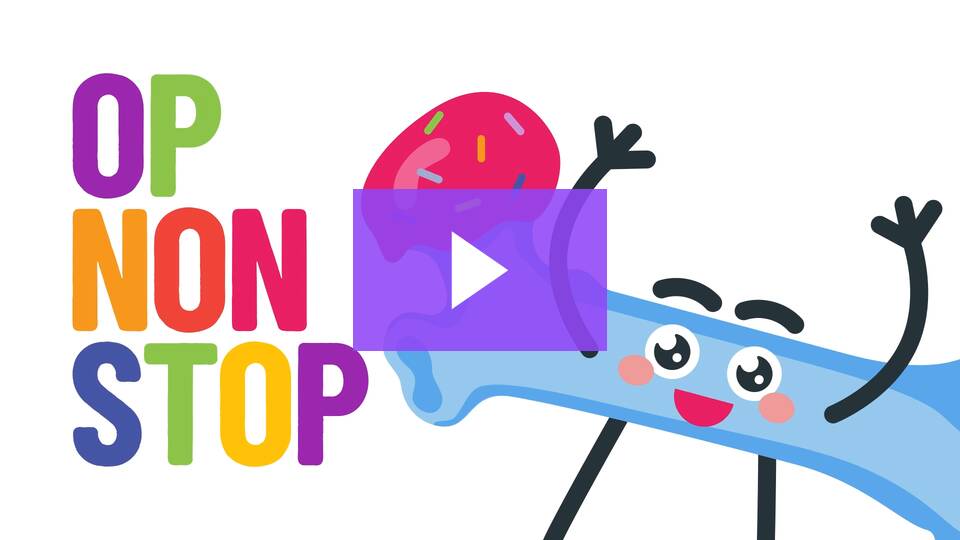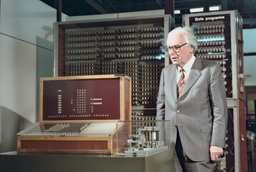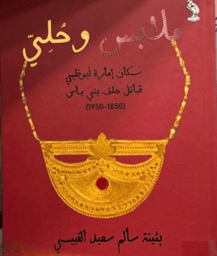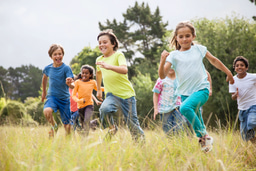Rare Disease Day 2025: Q&A with Adam Galloway
Published in Healthcare & Nursing, Pharmacy & Pharmacology, and Public Health

Why did you decide to go into your field of research?
As a children’s physiotherapist, I saw the uncertainty around non-surgical management of Perthes’ Disease, with little evidence guiding treatment. This led me to pursue a Clinical Doctoral Research Fellowship with the National Institute for Health and Care Research. During the fellowship, I (with tremendous support from a specialist supervision team) developed the NON-STOP app to support children with Perthes’ Disease and their families. This work has now led to the Op NON-STOP study, the first-ever RCT for Perthes’ Disease, answering a key question in paediatric orthopaedics: “How do we best treat children with Perthes’ Disease?” This research will shape future treatment strategies, ensuring equitable, high-quality care worldwide. I’m passionate about bridging clinical care and research, ensuring that clinical care is evidence-based, patient-centred, and accessible. My interest is now expanding into aiming to optimise care for children with orthopaedic conditions beyond Perthes’ Disease.
How has knowledge of Perthes’ Disease developed throughout your career?
When I started, Perthes’ Disease management was based on expert opinion rather than strong evidence. Through my PhD, I worked with clinicians, children with Perthes’ Disease, and families to develop consensus-based recommendations for care as well as the NON-STOP app. Now, the Op NON-STOP trial is pushing us one step further to compare outcomes of children with this rare disease, to understand whether they do better with surgical, or non-surgical treatment. This marks a major shift from uncertainty to evidence-based treatment. We’re also integrating patient-reported outcome measures (PROMs), ensuring care reflects children’s real experiences.
Find out more about the Op NON-STOP study in this video:
What are your hopes for progress in the future?
I hope to see clear, evidence-based treatment pathways for Perthes’ Disease and other paediatric orthopaedic conditions. The Op NON-STOP trial will provide the answer to this important question. Beyond Perthes’, I want to advance non-surgical rehabilitation research. I’m interested in the use of AI in health care and health research, and it’s an exciting time to be in research with the advances and opportunities that AI present. My next steps involve primarily, delivering the Op NON-STOP trail successfully, and supporting our amazing colleagues nationwide to recruit participants to the study. After this, I have developments within the field of paediatric orthopaedic physiotherapy to support. Ultimately, I want to see better integration of technology, patient input, and high-quality evidence in paediatric orthopaedics.
How does your research relate to the SDGs?
My research aligns with SDG 3 (Good Health and Well-Being) and SDG 10 (Reduced Inequalities) by improving non-surgical care for children with Perthes’ Disease. During my PhD, I developed the NON-STOP app to support self-management in Perthes’ Disease, providing families with accessible, evidence-based guidance.






Please sign in or register for FREE
If you are a registered user on Research Communities by Springer Nature, please sign in